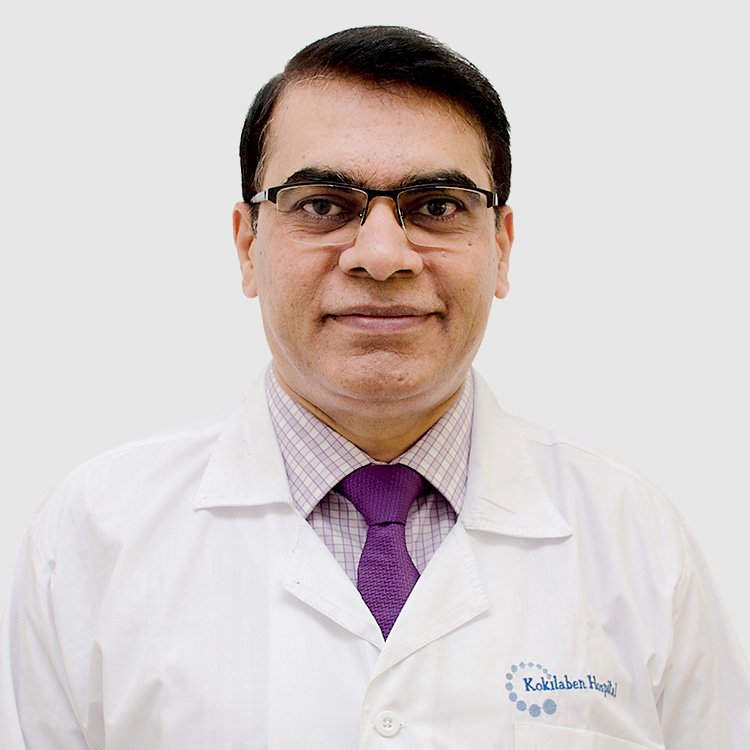This is cancer that starts in the kidney. The most common type of kidney cancer is called Renal Cell Carcinoma (RCC). About 90 percent of all kidney cancers are renal cell carcinomas. The other 10 percent are made up of transitional cell carcinomas, Wilms tumours (found in children), and other rare tumours.
There are about 190,000 new cases of kidney cancer each year around the world, which means it accounts for about one in fifty cancers. In the UK and USA, it is about the tenth most common type of cancer. Estimated new cases and deaths from kidney (renal cell and renal pelvis) cancer in the United States in 2012: New cases: 64,770, Deaths: 13,570. Reports say even in India the incidence is increasing.
When the number of small and incidentally detected RCCs is increasing; some of these tumours are amenable to nephron-sparing surgery, with 5 and 10-year survival rates comparable to those achieved with radical nephrectomy. Whether removed by nephrectomy or nephron-sparing surgery, the early detection of small, organ-confined RCCs should improve the long-term prognosis of the disease as it is insensitive to both chemotherapy and radiation. This makes RCC a logical candidate for a screening. RCC is often asymptomatic, and therefore, more commonly an incidental finding.
Kidney cancer often spreads to the lungs and surrounding organs. The good news is that most of kidney cancers are found before they spread (metastasize) to distant organs. And cancers caught early are easier to treat successfully.
There are different types of treatment for patients with renal cell cancer.
Surgery : Surgery is performed to remove part of the kidney or the entire kidney. Two types of surgeries can be performed – Partial Nephrectomy and Radical Nephrectomy. Surgery can be done by Open/ Laparoscopic and Robotic approach. Robotic approach is the minimally invasive way of treating prostate cancers which carries with its significant benefits.
Biological therapy : Biologic therapy is a treatment that uses the patients immune system to fight cancer. Substances made by the body or made in a laboratory are used to boost, direct, or restore the bodys natural defences against cancer. This type of cancer treatment is also called biotherapy or immunotherapy.
Targeted therapy : Targeted therapy uses drugs or other substances to identify and attack specific cancer cells without harming normal cells. Targeted therapy with Antiangiogenic agents are used to treat advanced renal cell cancer. Antiangiogenic agents keep blood vessels from forming in a tumour, causing the tumour to starve and stop growing or to shrink.
As management of kidney cancer is multidisciplinary team approach, we have tumour board which consists of uro-ocnologist, medical oncologist, radiation oncologist and onco pathologist and radiologist where decision making is done according to the global standards. Uro-Oncology service ofCentre for Cancer at our hospital has experience of managing more than 250 kidney cancers in last four years, and most recently, with Da Vinci Robotic surgeries with internationally acceptable outcomes.

Cancer/Surgical Oncology, Robotic Surgery, Minimal Access Surgery, Urology
World-class management of Prostate, Kidney, Bladder, Adrenal, Penile & Testicular Cancers through: Robotic Surgery (Da Vinci Xi/X, Advanced Robotic Platforms) Diagnostic Prostate Biopsy: MRI – USG Fusion Transperineal/TRUS Biopsy Minimally Invasive laparoscopic and Endo-Onco Procedures Complex Open Uro-Oncological Surgeries